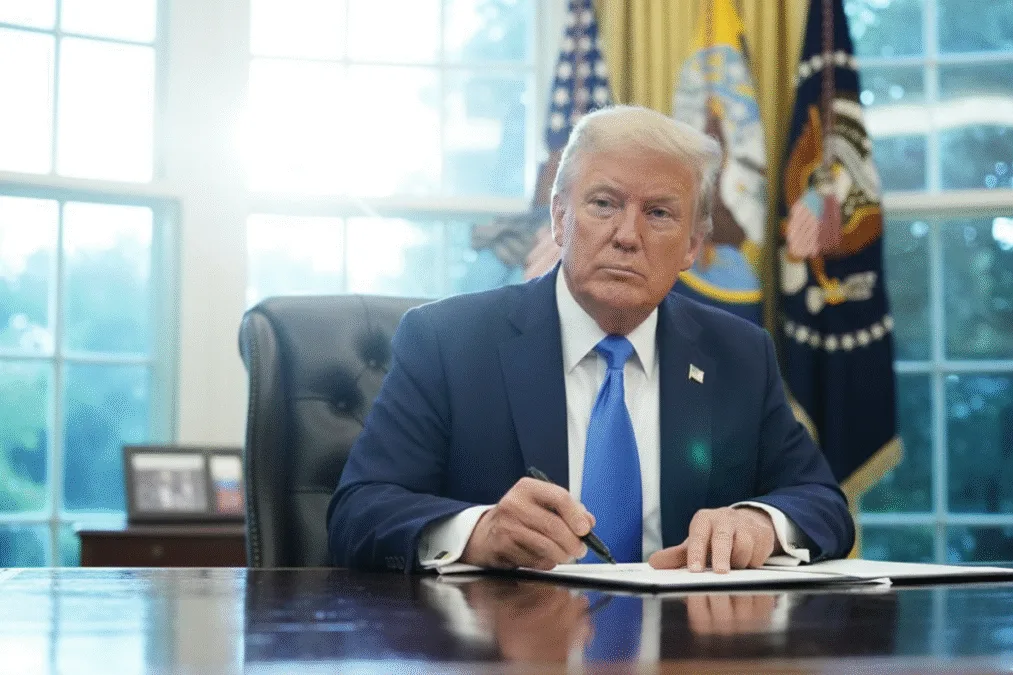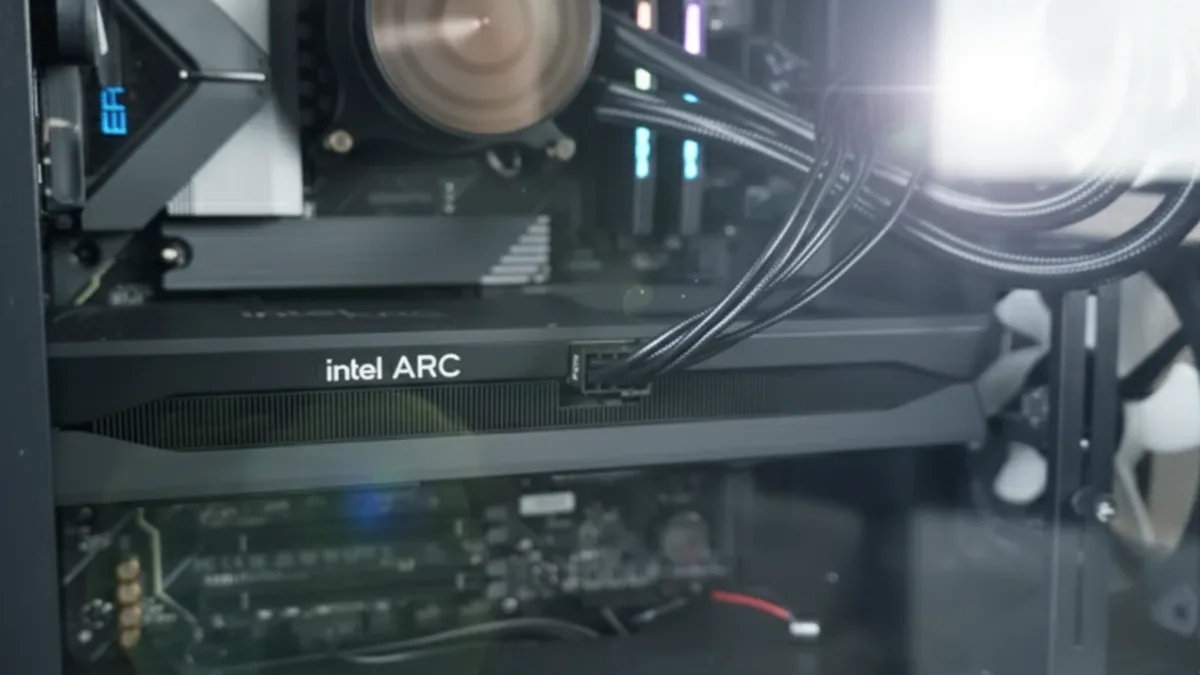Introduction
President Donald Trump signed a proclamation that would add a $100,000 fee to many H-1B visa petitions. This is aimed at cutting what the administration calls misuse of the program. The move could slow hiring in U.S. tech and raise costs for companies that hire foreign workers.
H-1B fee $100,000 explained — what changed first
The proclamation directs agencies to add a $100,000 charge on top of existing filing costs for many H-1B petitions. It does not take effect instantly — the measure starts a formal rule-making process under federal law. That means public comments and agency implementation rules will follow.
Who pays the fee?

Under current reporting, employers who petition for H-1B workers would typically be responsible for the fee. That could raise costs sharply for startups and outsourcing firms that rely on H-1B talent. Officials said the change aims to discourage firms that they say replace American workers with cheaper foreign hires.
How H-1B fee $100,000 could hit tech hiring and costs
Tech companies hire thousands of H-1B workers every year. The U.S. cap program normally issues about 85,000 new H-1B slots (65,000 regular + 20,000 master’s cap). Adding a six-figure fee would make hiring foreign engineers and developers far costlier for many employers. That could slow hiring, reduce contractor use, or push firms to hire more locally — but it might also push some work overseas.
What experts and industry say
Industry groups and hiring consultants warn the fee could hurt start-ups and small businesses most. Early reporting shows mixed reaction: some labor advocates welcome stricter rules, while many tech firms say it will block access to scarce talent. I checked news reports and industry comments from today to summarize reactions.
Rule-making, timing, and what to watch next
This change goes into a public rule-making phase. Agencies (DHS and DOL) must write rules, accept comments, and set an implementation date. Expect legal challenges and lobbying from tech groups. Watch for: agency notices in the Federal Register, timelines for public comment, and any clarifications about who exactly must pay the fee.
Short term effects for workers and employers

In the short term:
- H-1B petitions already in process may be uncertain until rules are finalized.
- Employers may pause some hiring or increase pay offers for U.S. workers.
- Some firms may rework hiring plans or shift roles to other countries.
This is a big change to immigration policy. It will play out over months and likely face court challenges.
Sources i read today
I used reporting and official notices available today: CBS News, Bloomberg coverage, TechCrunch reporting, legal and immigration briefs, and USCIS public data. Links and citations used inline above.
Frequently Asked Questions
What is the H-1B fee $100,000 change?
President Trump signed a proclamation directing agencies to add a $100,000 fee to many H-1B visa petitions. The move starts a formal rule-making process and does not take effect immediately.
When will the H-1B fee $100,000 take effect?
The fee must go through rule-making and public comment. Agencies will publish timelines in the Federal Register; the exact date will come after that process.
Who will pay the H-1B fee $100,000?
Reports show employers who file H-1B petitions would generally be responsible for the fee, which could raise hiring costs for many tech firms.
How will the H-1B fee $100,000 affect tech hiring?
Many tech companies use H-1B workers. A $100,000 fee could slow hiring, raise costs, and push firms to change where or how they hire.
How i provide this information
I’m Daniel K. Harper — I read today’s reporting from major outlets and the White House announcement before writing. Where details are still unclear, I label them as reported or under rule-making. I avoid presenting draft policy as final law; please check official agency notices for the final rule.




